From our friends at QueerCircle a new programme of monthly events and online support forums…

New Report on how to deliver remote arts programmes for older adults
The ‘Discoveries in Distanced Arts: The work, wonder, and wear of remote creative programmes’ report provides insights into the impacts of Covid-19 on cultural and creative sectors and shares learning on how to develop remote creative programmes.
A new report based on research led by Entelechy Arts and Queen Mary University of London will provide insights into how arts organisations can design and deliver remote programmes, based on experiences during the Covid-19 pandemic. Recent estimates suggest that up to 36 percent of older people experienced loneliness as a result of social isolation caused by the pandemic.
The report details the processes of design and delivery of remote one-off and ongoing arts programmes for older adults from the perspectives of the artists, staff members, and volunteers involved.
The ‘Staying Connected’ remote programme is led by Entelechy Arts and the Meet Me… programme is run in partnership with the Albany. The programme consists of a series of creative activities that have been adapted and designed to be delivered in remote environments to help members to stay connected during the Covid-19 pandemic.
The remote creative programme included both continuous events such as Clusters, the Meet Me on the Radio show, delivered on a weekly basis and one-off activities that are part of Creativity At Home.
The project posed a series of questions to staff, volunteers, and artists involved in the Staying Connected programme, to gain insights into their experiences. Areas of interest included the design and delivery of the programme and its perceived impacts on their own and members’ health and wellbeing.
Key findings of the report include:
- The use of group phone calls to deliver parts of the programme known as ‘working clusters’ because many older adults had limited internet and smartphone access.
- Several strategies including check-ins, warm-up exercises, and acknowledgement, were embedded into the weekly remote telephone working clusters to encourage individual contributions and active engagement amongst members (older adults).
- The challenges of remote delivery of programmes by phone, radio, and parcel deliveries changed the nature of the social interactions and the stay-at-home orders increased the level of emotional distress experienced by members and practitioners.
- The potential need for additional support measures for practitioners including hiring well-being support staff, regular check-ins, and weekly group movement sessions for practitioners for sustained delivery of remote programmes.
Dr Janelle Jones, Senior Lecturer in Social Psychology at Queen Mary said: “Our report outlines what arts organisations can consider and do to create new programs or modify existing programs for remote delivery. Our recommendations can inform the development of guidelines for remote delivery which may ensure the viability of arts organisations for their service providers in the current landscape and beyond.”
Maddy Mills, Director, Entelechy Arts said: “Since March 2020 our artists, volunteers and staff teams have worked together with our communities to develop a pioneering portfolio of remote creative engagement programmes. We are delighted to share the outcome of this report, the first of two attached to the research project, which digs deeper into the nuts and bolts, and key learnings from the programme, and asks fresh questions about care, process and collaboration in relation to remote creative programmes for communities unable to access culture in person.”
This research was funded by the Arts and Humanities Research Council (AHRC), part of UK Research and Innovation. The report is available to free to download from the Entelechy Arts website as a PDF.
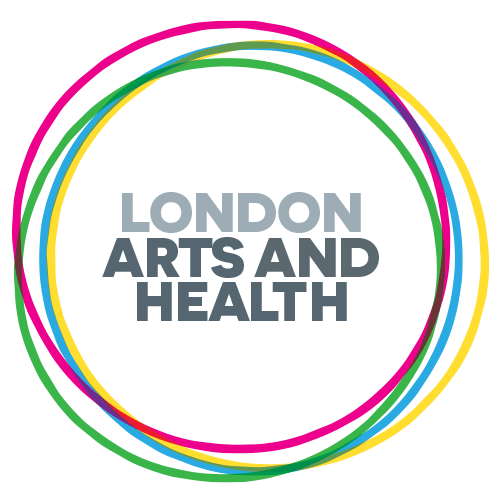
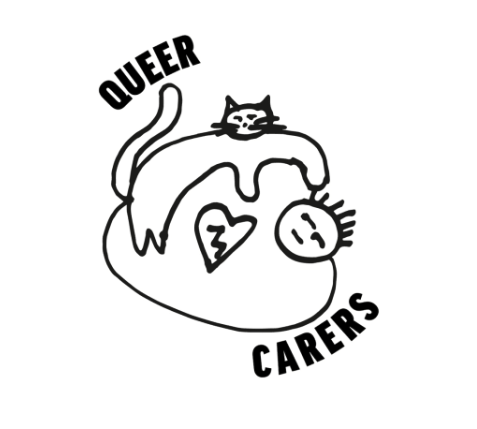

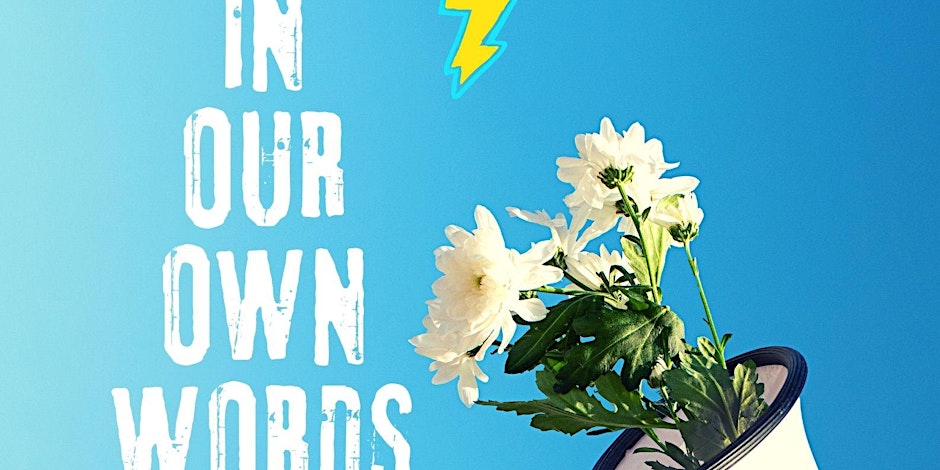

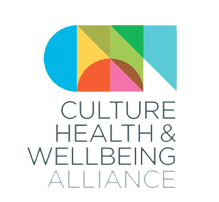
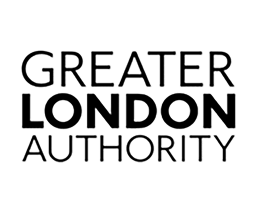
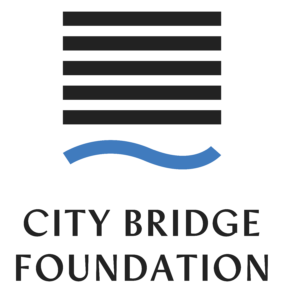
This Post Has 0 Comments